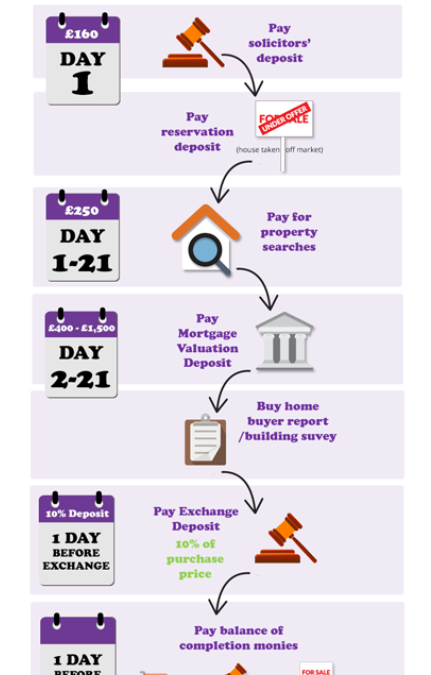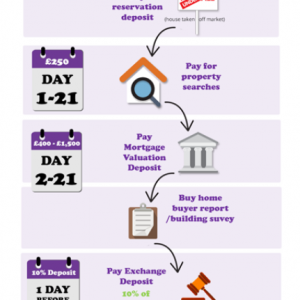
How to tie a belt on a dress?
December 20, 2022
Everything You Need to Know About Cameltoe Jeans
December 30, 2022The process of purchasing a property can become drawn out and expensive, with plenty of paperwork and other legal obligations to navigate along the way. If you are looking to shorten the journey to completion or simply hope to save a little money where possible, you may wonder whether searches are really necessary.
Table of Contents
ToggleThe purpose of a search
Before going any further, it is important to understand why a search is considered such an important part of the home-buying process. Carrying out a search provides valuable insight into the property, particularly whether there are any issues that could affect your future enjoyment of it. Searches will be carried out by your appointed conveyancer or solicitor, who will access information held by different bodies or authorities about the property and the land on which it stands.
The issues that a search can help you to avoid are many and varied; for example, a search could reveal that your chosen property lies in an area that is highly prone to flooding or there is a mineshaft located under the property, either of which could make it hard to insure in addition to causing potential inconvenience. A search could also indicate that the property has a debt attached to it, which you as the buyer would become responsible for paying, or that it lies on land that was previously used for industrial work, which could leave the soil with a high level of contaminants such as arsenic or asbestos. It may even be revealed that there is planning consent granted for new roads, railways or housing in the vicinity, any of which could have a negative impact on the property’s value in the future and impact on your quality of life.
Is a search essential?
If you are buying your home with your own money, there is nothing in law to compel you to have a search carried out; however, as any specialist conveyancing solicitors in Maidstone or conveying specialist such as Sam Conveyancing will tell you, failing to do so can prove to be an extremely expensive gamble. With a typical search starting from less than £100, it seems a small price to pay for the peace of mind that will come from knowing that your home is free from a host of potentially catastrophic issues that could also make it harder to sell in the future.
If the above reasons have not convinced you of the benefits of carrying out a search, it may be that your mortgage provider makes the decision for you. If you plan to pay for the property with funds raised through a mortgage, the lender will typically state which searches they require to be carried out. This is because the lender wants to protect their financial interest in your property in case the worst should happen and they need to repossess it at a later date. Your mortgage funds will usually not be released until these requested searches have taken place and have been checked by the lender’s solicitor. There are different types of search local authority, environmental, and water and drainage, which you will find explained online.
Simply put, local authority searches will identify any relevant planning or building control problems and highways and pollution issues, whilst the environmental search will reveal whether the property and any land it comes with is at risk of flood, contaminants, landslide or subsidence. A water and drainage search will show information about the water supply, including sewerage and whether the water you use will be rateable or metered.



